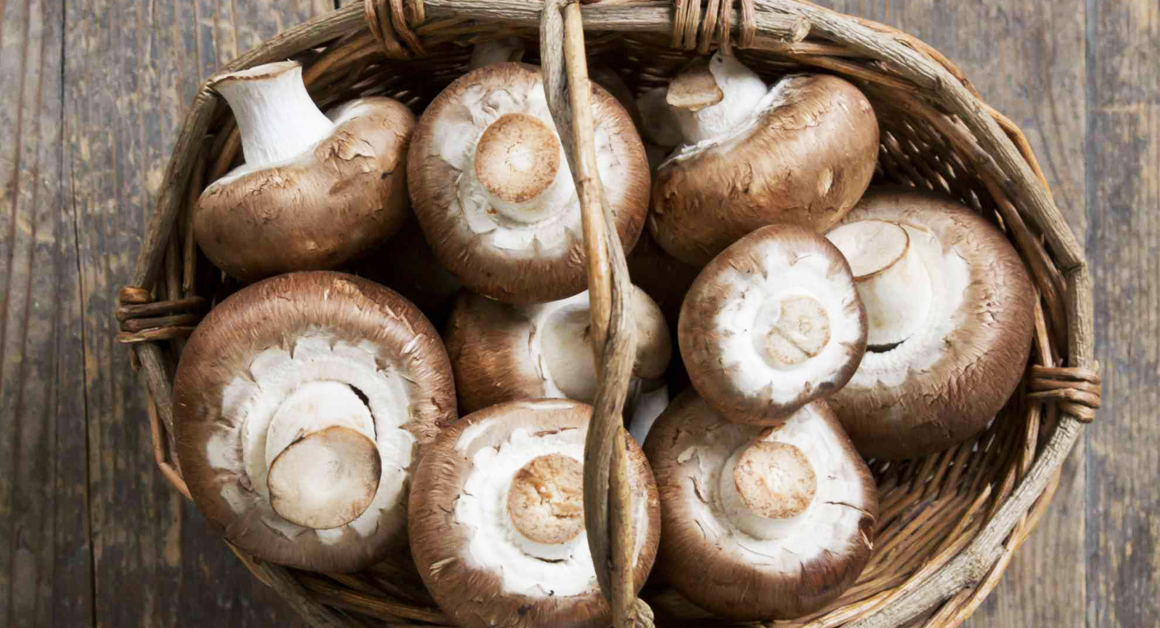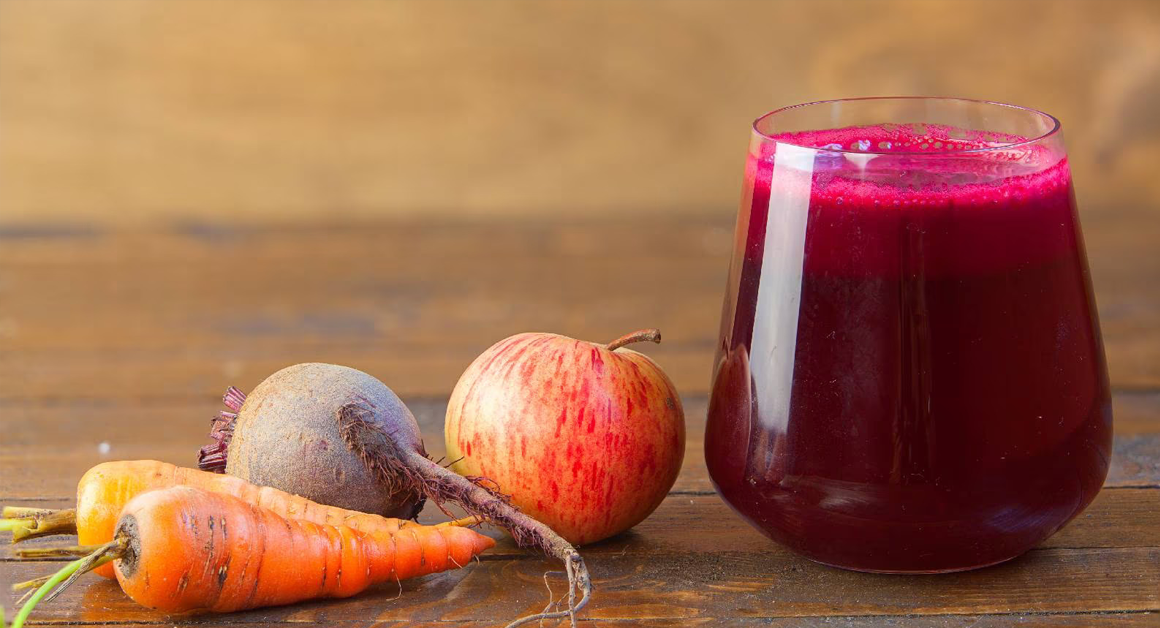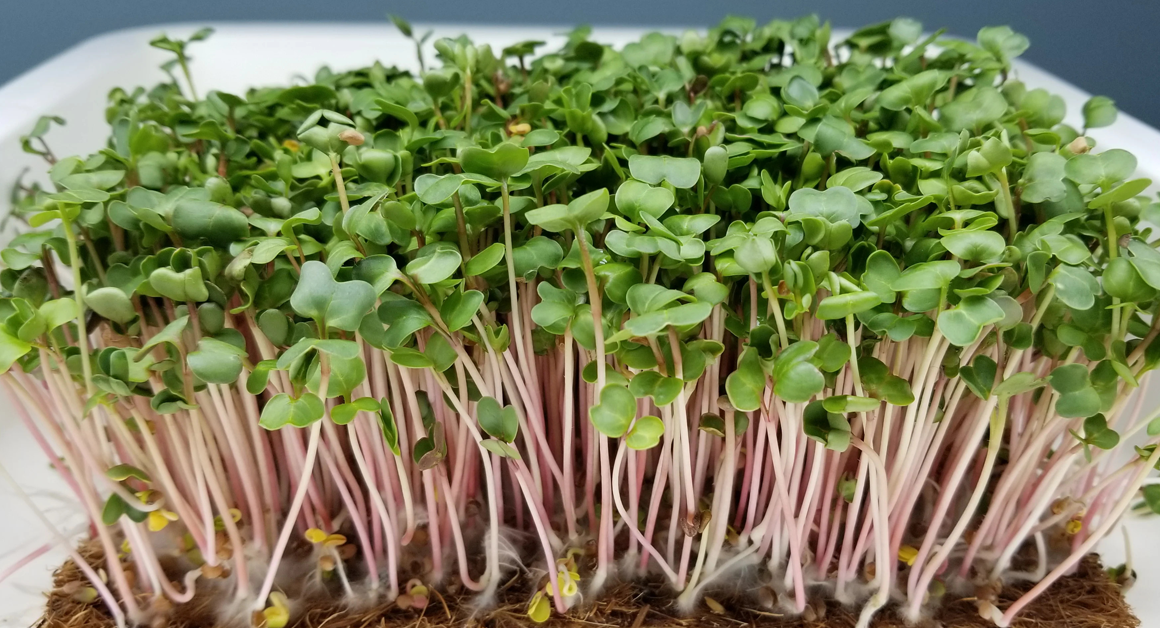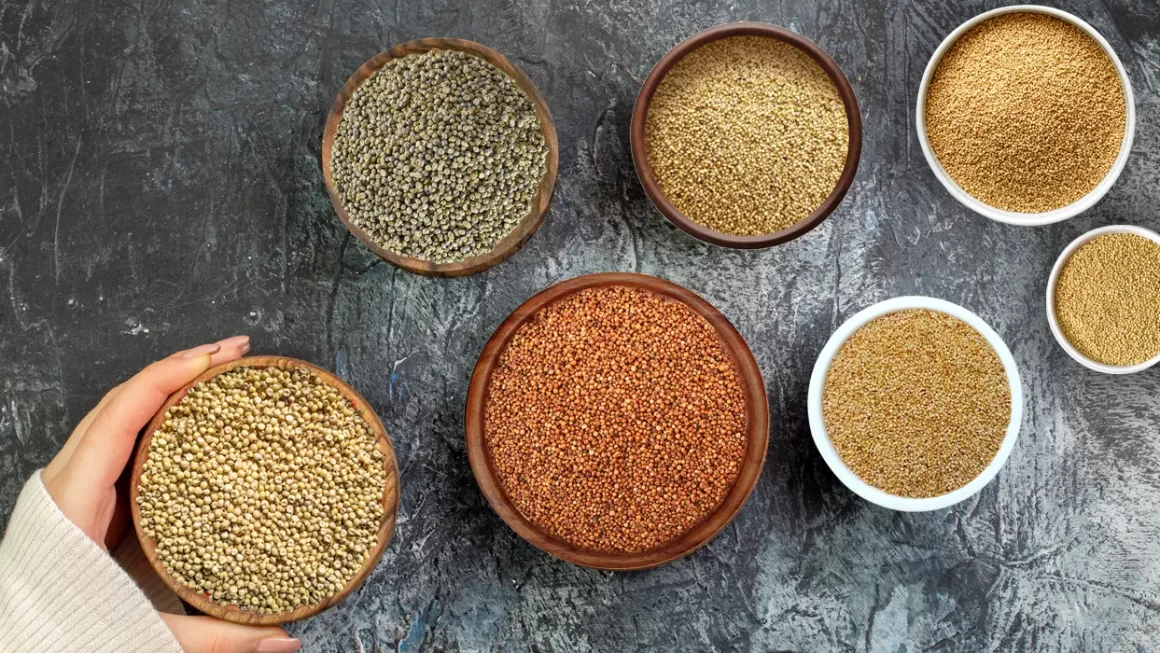WHY VITAMIN D IS NEEDED IN OUR BODY
Most of us are not aware that vitamin D helps to regulate the amount of calcium and phosphate in the body. For keeping bones, teeth and muscles healthy these nutrients are needed. Deficiency of vitamin D can lead to bone deformities such as rickets in children which causes the softening and weakening of bones in children, usually because of an extreme and prolonged vitamin D deficiency and bone pain caused by a condition called osteomalacia in adults.
It has also been found that people who have low levels of vitamin D may also be at a greater risk of depression than people with healthy levels of the vitamin. From various reliable sources it has been found that vitamin D supplementation could hold promise as a preventive or therapeutic factor for COVID-19. To achieve reference nutrient intakes of vitamin D, which range from 400 IU/day to 600–800 IU/day these are predicated on benefits of vitamin D for bone and muscle health.
There is also a chance that their implementation might also reduce the impact of COVID-19 in populations where vitamin D deficiency is prevalent; there is nothing to lose from their implementation, and potentially much to gain.
WHAT TO EAT TO GET SUFFICIENT VITAMIN D WITHOUT DEPENDING ON THE SUPPLEMENTS AND ELIMINATE ITS DEFICIENCY
Sometime it can be more challenging for people following a vegan diet or planning to become vegan to get vitamin D each day. Foods which are highest source for vitamin D such as salmon, egg yolks, and shellfish, are not at all vegan-friendly but that does not mean that we are only left with an option of taking supplements. If we follow a regular balance diet and try to include vegan food item containing vitamin D then we can keep its deficiency at a distance.
It is interesting to know that vitamin D unlike other vitamins our body has a capability to make it. Do you want to know how we can get vitamin D free of cost it is quite simple when our skin gets expose to sunlight our body has the ability to convert cholesterol into vitamin D, which also acts as a hormone.
Although sunshine isn’t a food, it’s a great source of vitamin D for vegans. Stepping out into the sun for about 15 to 30 minutes three times a week is enough for most people. However, people with darker skin may need more sun exposure than people with light skin to reap the same benefits. Try to limit your sun exposure, as too much time spent in the sun can damage your skin, cause sunburn, and increase your risk of skin cancer.
But during winters when there is less of sun exposure we can get vitamin d from below mentioned vegetarian food sources.
TOP 6 SOURCES FOR VITAMIN D FOR VEGAN DIET
Mushrooms
Like humans, mushrooms can synthesize this vitamin D when exposed to UV light. Mushrooms are one of the only plant sources that contain a significant amount of vitamin D. Mushroom varieties such as maitake, morel, chanterelle, oyster, and shiitake all contain natural levels of vitamin D when they are exposed to sunlight. Mushrooms grown in the dark may not contain a significant amount of vitamin D. However, mushrooms exposed to ultraviolet light when growing may contain about 450 IU per serving.
Need to be careful when you cook the mushroom, remember not to boil or fry them or you will destroy all its nutrients always consider grilling or microwaving them. Also know that little olive oil while cooking the mushroom will do no harm to its nutrients.
Fortified soy milk
Some foods naturally contain small amounts of vitamin D, a variety of products are fortified with this nutrient. One cup of soy milk fortified with vitamin D contains about 116 IU of vitamin D. It’s important to check the label before buying a brand of soy milk to see if vitamin D is included. Brands that aren’t fortified contain very little vitamin D.
Earlier studies resulted in claims that soy milk was bad for females and that women shouldn’t eat soy products, but dietitians and researchers are now saying that soy milk benefits for women are many. For example, a January 2018 study from McGill University says that nutritionally speaking, soy milk is the best plant-based milk.
The only caveat, again, is for women who take thyroid medicine. Although you shouldn’t drink soy milk for at least four hours after taking your medicine, according to the Mayo Clinic, it’s still best to discuss your soy consumption with your doctor.
Fortified cereals
Fortified foods contain added vitamins and minerals that aren’t naturally present in them. Fortification is usually meant to improve people’s levels of particular nutrients and is common for foods that adults and children typically eat, such as grains, milk, and juice. Many breakfast cereals and brands of oatmeal are fortified with vitamin D. Cereals fortified with vitamin D will usually list the vitamin in the nutritional information. The amount of vitamin D found in fortified cereals can vary between brands. Most typically contain between 8 to 100 IU per serving.
Fortified orange juice
Not all orange juices are fortified with vitamin D. However, brands that are fortified may contain up to 100 IU per serving. Juices that are fortified with vitamin D will typically mention this on the packaging.
Fortified almond milk
Fortified almond milk contains about 96 IU of vitamin D per serving. Many brands of almond milk are also fortified with calcium.
Fortified rice milk
Rice milk is made commercially by pressing the rice through a grinding mill, followed by filtration and blending in water. It may be made at home using rice flour and brown rice protein, or by boiling brown rice with a large volume of water, blending and filtering the mixture. Rice milk is the least allergenic among plant milks, and may be consumed by people who are lactose intolerant, allergic to soy or milk. It is also used as a dairy substitute by vegans. Rice milk fortified with vitamin D contains about 96 IU per serving. Some brands of rice milk may also be fortified with other nutrients such as vitamin A and vitamin B-12.
Please note due to high in carbohydrates, so it’s the least desirable choice for people with diabetes. It’s not a good source of protein. Eating too much of a rice product may pose a health risk for infants and children due to inorganic arsenic levels.




